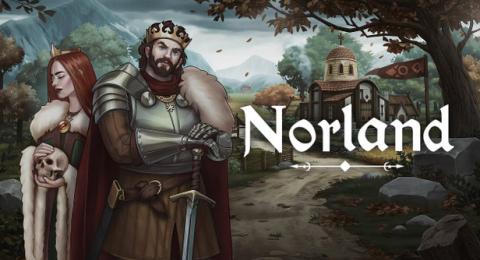In the ever-evolving world of gaming, “Trainers Game” has emerged as a standout genre, captivating players with its unique blend of strategy, skill, and engaging gameplay. This genre, which encompasses a variety of games where players assume the role of trainers—whether of sports teams, creatures, or characters—offers an immersive experience that challenges both the mind and reflexes flingtrainers.
The Concept of Trainers Game
At its core, a Trainers Game revolves around the concept of managing and developing entities under the player’s control. These entities could range from sports teams and fantasy creatures to characters in various simulations. The primary goal is to optimize performance, make strategic decisions, and guide these entities to success. The game mechanics often involve training, upgrading skills, and strategizing to achieve victory.
Types of Trainers Games
- Sports Management Simulations: These games, such as “Football Manager” or “Basketball Coach,” place players in the role of a coach or manager. Players are tasked with recruiting athletes, setting training regimens, and making tactical decisions during matches. Success in these games requires a deep understanding of the sport, strategic foresight, and effective management of resources.
- Creature Trainers: Inspired by popular franchises like Pokémon, these games allow players to train and battle with creatures. Players capture, train, and evolve creatures, using them in strategic battles against opponents. The emphasis is on building a balanced team, understanding each creature’s strengths and weaknesses, and devising effective battle strategies.
- Character Development Games: In these games, players manage the growth and development of characters in various settings. This could involve leveling up abilities, equipping items, and making decisions that influence the storyline. Examples include RPGs where players train characters to enhance their skills and progress through quests.
Gameplay Mechanics
The gameplay in Trainers Games often involves a combination of strategy and real-time decision-making. Key mechanics include:
- Training and Upgrades: Players can improve their entities’ abilities through training sessions or by acquiring upgrades. This process requires careful planning and resource management.
- Strategic Planning: Success in Trainers Games often hinges on the player’s ability to strategize. This might involve planning tactics for upcoming matches, balancing the strengths of different entities, or making long-term decisions about development paths.
- Real-Time Management: Many Trainers Games incorporate real-time elements where players must make quick decisions. For instance, in sports simulations, players might need to adjust tactics during a game based on the opponent’s strategy.
Challenges and Rewards
Trainers Games are known for their challenging nature. Players must balance multiple aspects of management, make difficult decisions, and adapt to changing circumstances. However, the rewards are equally satisfying. The sense of accomplishment from seeing a well-trained team or character succeed, the joy of strategic victories, and the satisfaction of overcoming tough challenges are what make these games so engaging.
The Future of Trainers Games
As technology advances, Trainers Games are likely to continue evolving. Innovations in AI, graphics, and gameplay mechanics will further enhance the depth and realism of these games. We might see more immersive simulations, advanced training systems, and even more interactive and dynamic environments.
